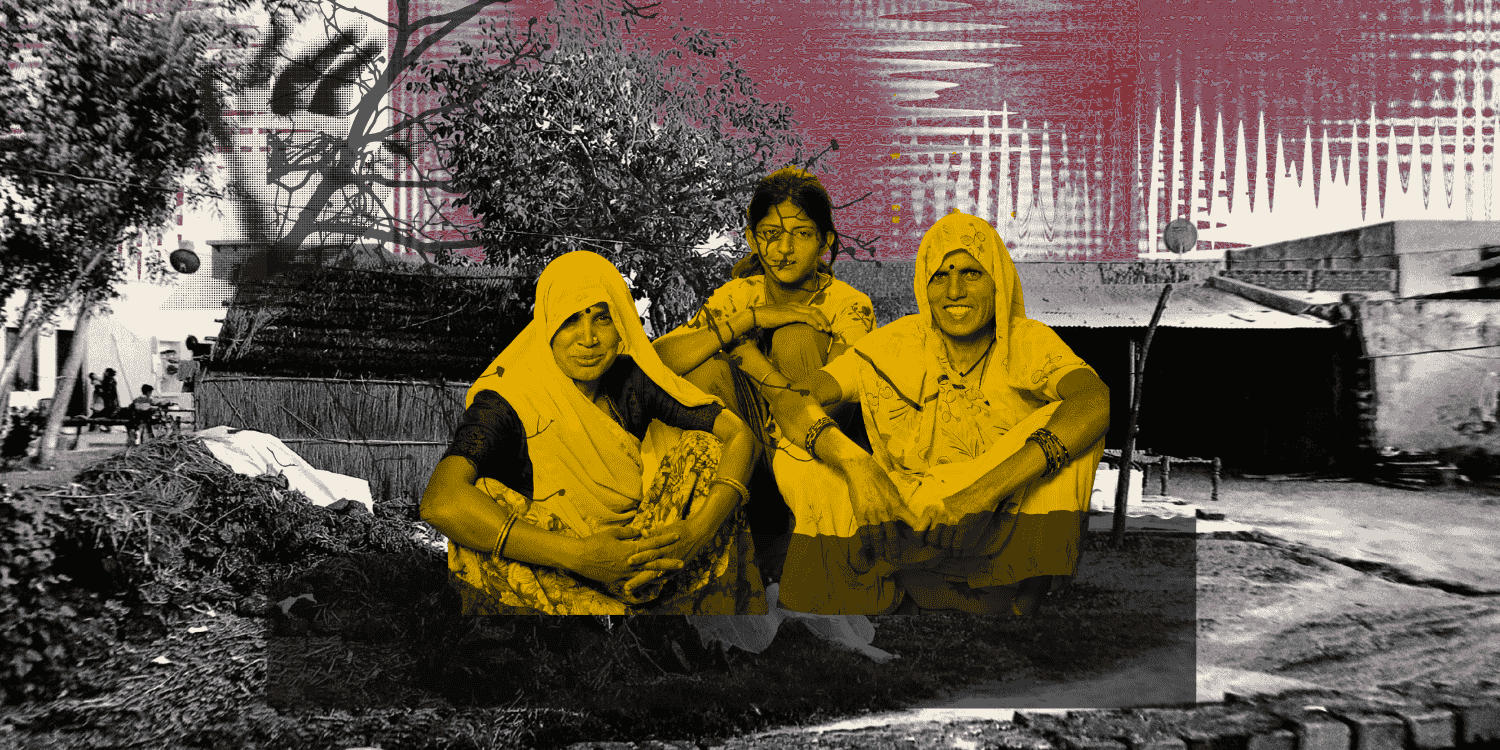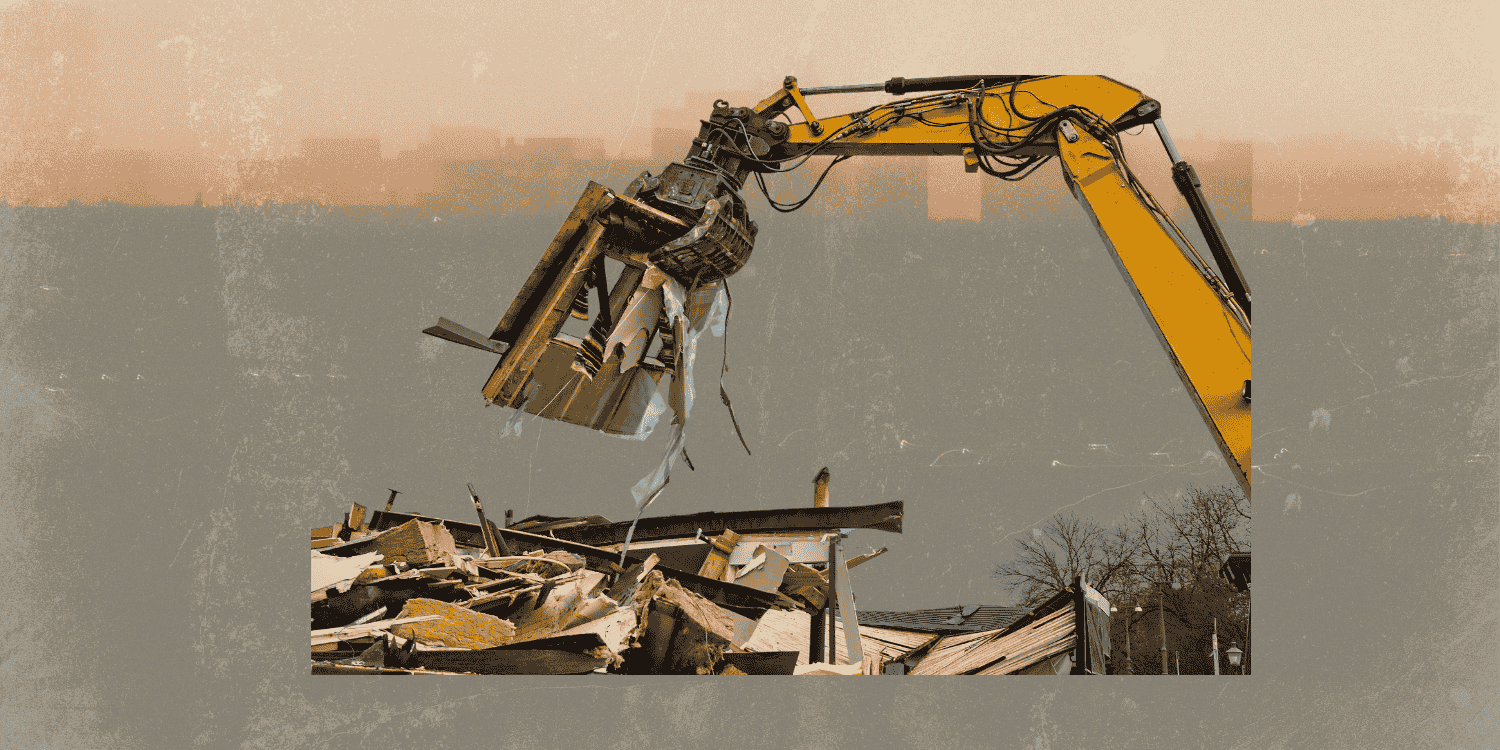Context
The ban on conversion therapy needs a more comprehensive study to understand both its effect and efficacy. The provisions laid down by the court in S. Sushama v. Commissioner of Police, 2021 (HC 7284, 2021) only banned the medical practice of conversion therapy without criminalising the act of professing or practising the same. There are no punitive measures, and the practitioners of conversion therapy are only heard as professional misconduct cases, which culminate in a maximum punishment of being removed from the list of the National Health Commission. Even today, only roughly 600 courses are recognised by the same.
While the judge did try to get a better understanding of the threat that looms over the homosexual body by appointing amicus curiae and recording these detailed ordeals and conversations within state documents, the knowledge of conversion therapy and the ordeal on the homosexual body by the structure fell short. Conversion Therapy must be understood as an umbrella term for all interventions that claim to be able to ‘pray the gay away’. This would mean a policy structure which recognises the various manifestations of conversion therapy, including de-addiction centres, Ayurveda, religious practices and other unregulated practices and their practitioners.
Conversion Therapy
Conversion Therapy, during its formulation, was constructed as a curative therapy standing on the two pillars of ‘being born as’ implying that the other body is a deviant and an abnormal body or socialisation ‘something made someone’ have deviant sexual preferences (Meyer & Lewin, 2002). Conversion therapy gradually became recognised as reparative therapy, a term still in use by the language of the Judgment in S. Sushama v. Commissioner of Police, 2021 (FirstPost, 2021). Conversion therapy is defined as “any emotional or physical therapy used to ‘cure’ a person’s attraction to the same sex, or their gender identity and expression. Providers claim these therapies can make someone heterosexual or ‘straight’.” (Sreenivas, S., 2021)
Straight Sex by M Canady eloquently explains that seeing sex as a binary of the male and female by the State is a tactical control to regulate, classify, recognise and punish deviant behaviour more easily. Family gives more accessible access to the individual’s body while keeping the rhetoric of freedom and autonomy alive. Skylar Coggswell-Shears has popularly pointed out that the LGBTQ body becomes the location to reset the gender binary and hence makes the task of disciplining more complex for the state.




